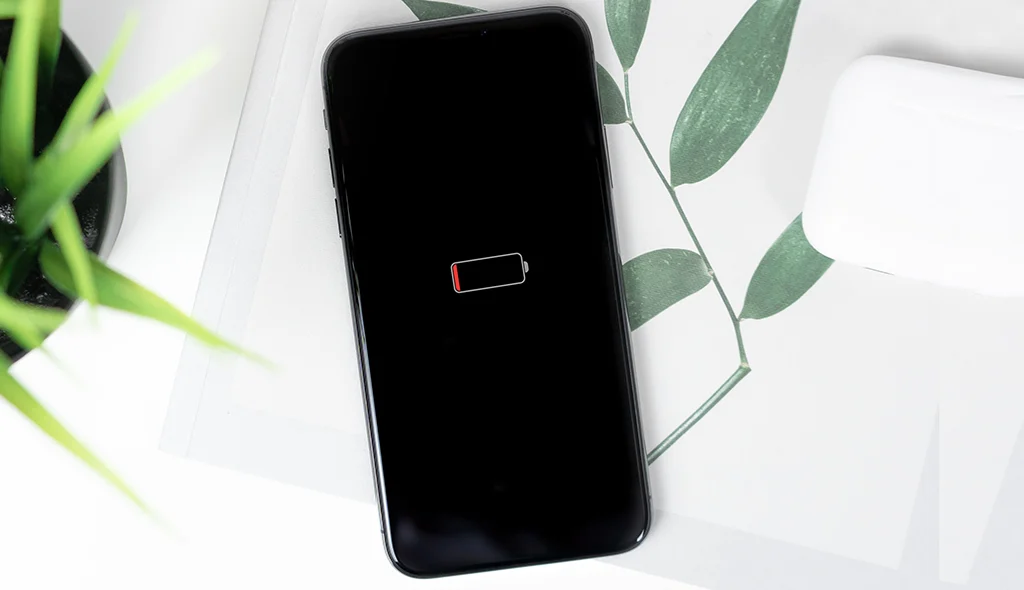A report claims that Amazon is warning distributors in Europe that they will stop ordering products from them next year and will instead buy directly from brands, in an effort to cut out some middlemen in order to avoid losses through the elimination of some middlemen.
Amazon is reported to have said that the change will be implemented as soon as January of next year. As a result, the company is encouraging the affected resellers to sell goods on Amazon’s online marketplace, where Amazon takes a commission from each sale, charges additional logistics costs and advertising costs, without the resellers having to buy inventory and sell the goods themselves.
In a statement put out by Amazon, the company said, “As part of its European sourcing policy, Amazon is focusing on purchasing directly from brands, as part of the company’s sourcing policy. It is still possible for you as a third-party seller through the Amazon marketplace to sell these products directly to customers in our stores, even if you do not sell them directly in our stores.
It has become increasingly difficult for Amazon to stop its losses as the growth of its online retail business slows, and it is particularly struggling to stop losses in its international divisions in Germany, the U.K., and other EU markets. According to the company, its international division recorded an operating loss of $7.75 billion (currently about Yuan 53.088 billion yuan) for 2022, which is three times higher than the operating loss recorded the previous year.
Amazon spokesperson said that, like all businesses, they regularly review their product sourcing methods in order to control costs and keep prices low for their customers, as a way to keep the cost down.
Reports have emerged in 2019 which suggest that Amazon has taken similar measures in the United States as well.
As a result of the changes in Europe, Amazon will be unable to buy directly from wholesalers and markup its products at a higher price than from wholesalers. In the future, Amazon is going to rely more heavily on third-party merchants to do their business, which leaves them to be responsible for holding inventory, which is a risk.
READ MORE: The iQOO Neo 7 comes with a 64MP OIS triple camera and a 120Hz AMOLED display
For the first time, Amazon’s average share of each third-party sale in 2022 reportedly exceeded 50 percent. Marketplace Pulse, which samples seller transactions, said Amazon’s draw on third-party sellers has risen for six straight years, making it harder for online merchants to make a profit.
Martin Heubel, a former Amazon executive, said the changes in Europe could affect about 20,000 suppliers and could limit the availability of products on Amazon.
He said, “Considering that many brands do not sell directly to Amazon and rely on distributors to reach customers, this latest move could have a negative impact on supply and therefore the overall customer experience.”



